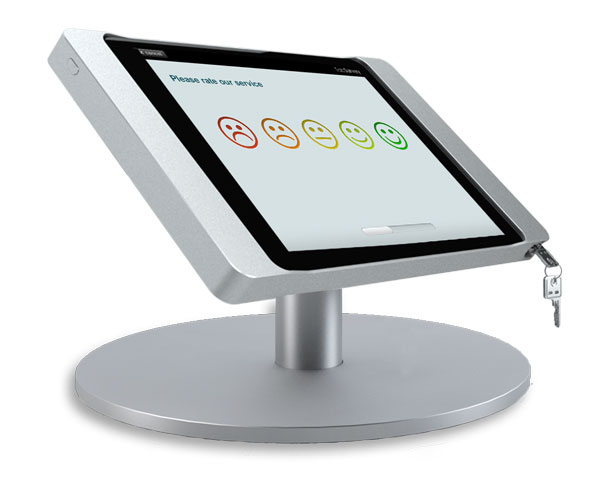Employee Engagement drives business results
Use tabsurvey to ask your employee engagement survey questions on a daily basis
Employee Engagement drives business results

A complex employee satisfaction survey is hard to analyze
A typical employee satisfaction survey settles for an annual or bi-annual survey. They ask lots of questions, which result in complex data and equally complex analysis. They tend to lead to long action plans, which must be carried out by management – sometimes in collaboration with employees.
But keeping focus on a long list of actions can be hard. Consequently, well-meaning intentions turn to dust as the initial enthusiasm fades and we return to business as usual. It’s a shame, but often what happens in many organizations.
Infrequent surveys lead to congested bias
Timing an annual or bi-annual employee satisfaction survey introduces another problem. We call it congested bias. If you only run your surveys once or twice a year, it's likely that your employees sees the survey as their annual chance of getting everything off their chest.
Small issues have a way of accumulating if they are not addressed here and now. Therefore, the outlet becomes the annual employee engagement survey. However, if you listen in on your employees’ engagement on a regular basis, then the result will be a clearer picture. You will know how your employees are actually feeling, rather than their thinking back on the year that passed. Now, if you also remove the bias from bad timing, then it doesn't get much more precise.


Timing is everything
It's probably not a great idea that you ask your employee engagement survey questions right after major management decisions. This could be that this year’s bonus has been cancelled, that the company needs to downsize the organization, or that quarterly results are down by 20%.
Yet this happens, and creates what we call timed bias. Sure you can run your survey anyways, and try to adjust for the bad news during the analysis. Maybe you will write off the entire survey, as "these bad results are natural, in the light of recent management announcements".
But why would you run an employee satisfaction survey just to write it off? They are expensive both in time and money, and the reason you introduced them in the first place is hopefully because you realized the link between employee engagement and running a successful business.
Fresh news, please
We suggest that you take a different approach to an employee satisfaction survey. Instead of measuring infrequently and introducing congested timed bias, we suggest that you ask employee engagement survey questions every day. Embrace that employee engagement has become a key performance indicator and tap into it.
Continuously measuring gives you an opportunity to catch small issues before they become big problems. Furthermore you can use the feedback you receive from your employees as a management tool and an enabler for dialogue. It gives you the opportunity to keep an eye out for problem areas in the organization that needs addressing.
Continuously measuring is not a replacement for dialog and great leadership, but it enables you to take action in a more timely fashion. Today, everybody has access to the latest of everything through the Internet. Information is right around the corner – why settle for less when it comes to employee engagement?

"Employees are now like customers. Companies have to consider them volunteers, not just workers."
Listen to the unbroken voice of your employees
Being in the physical space really makes a difference
Sure there are plenty of ways to run an employee satisfaction survey. Send them by mail, text them – the possibilities are many, but nothing quite beats being in the physical space.

Be visible the right places
You can place several tabsurvey kiosks in your organization, and run all kinds of surveys on them. Once installed, they are very versatile. Place them in highly visible areas, where lots of people pass through, and remind them why you never get tired of listening to what's on their mind. Create a culture of continuous feedback, and believe us; people will never get tired of answering.




